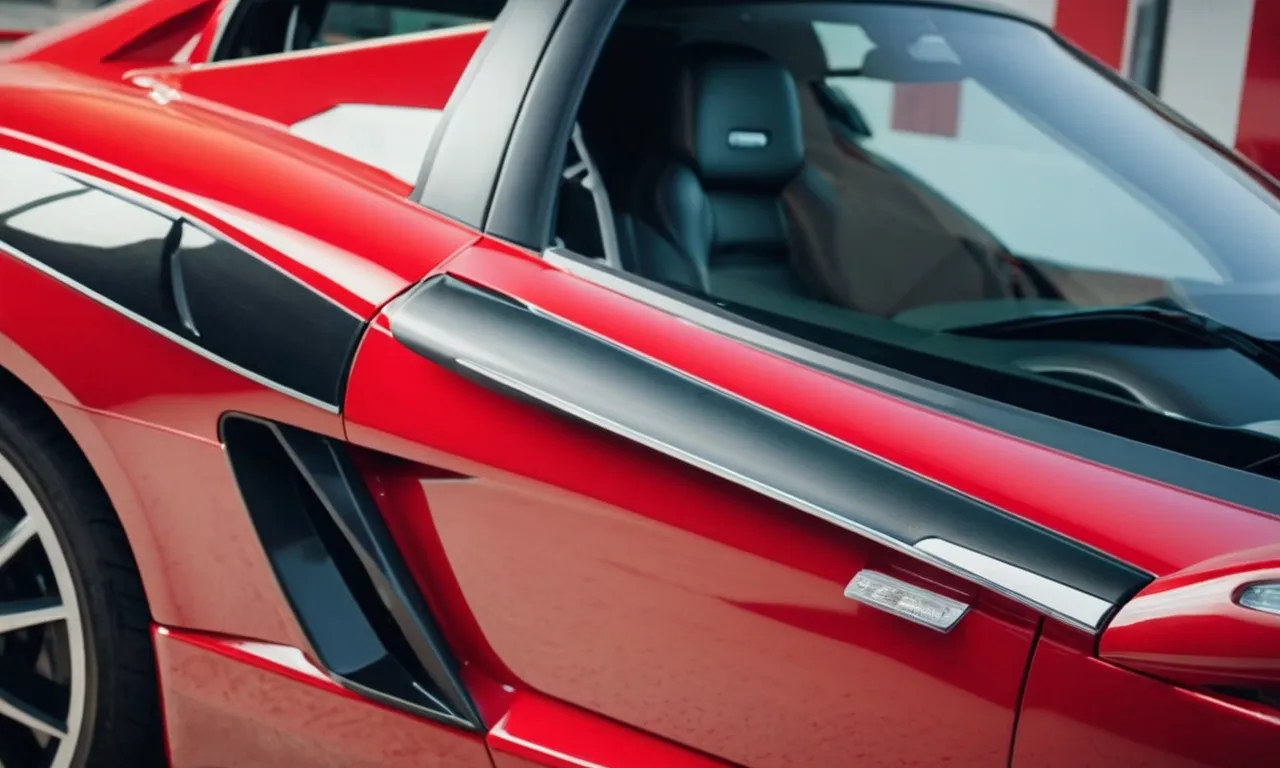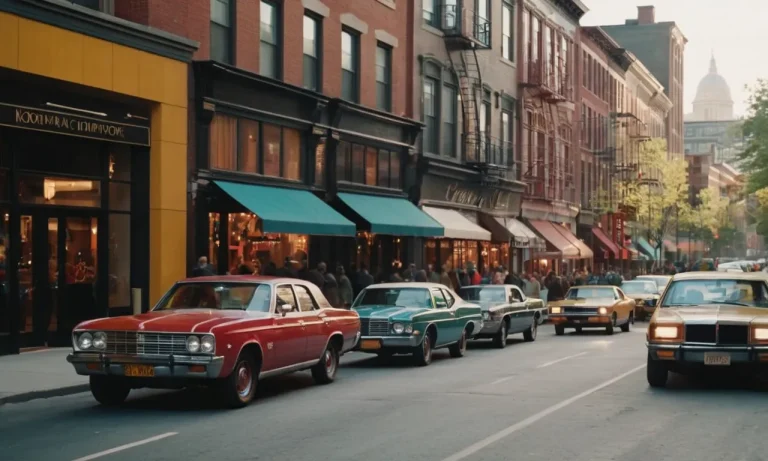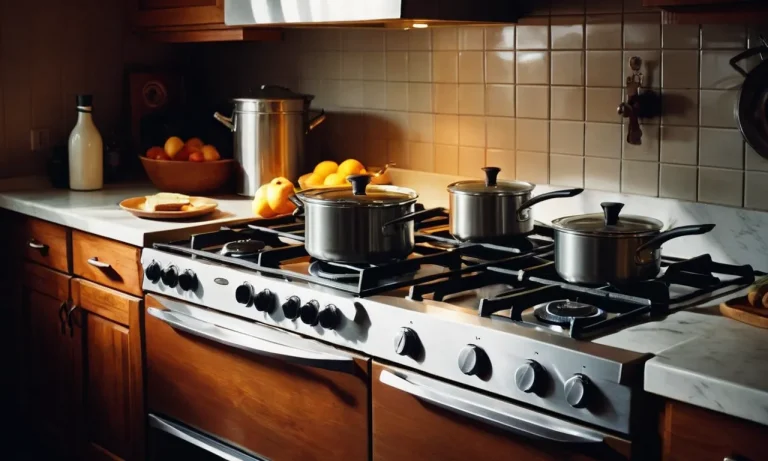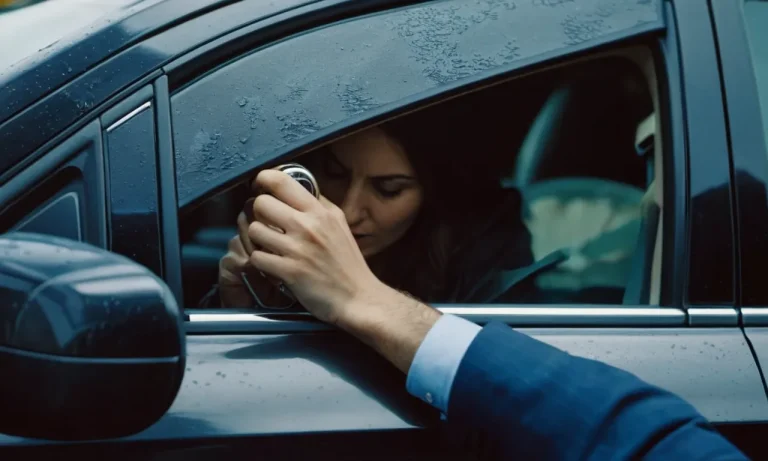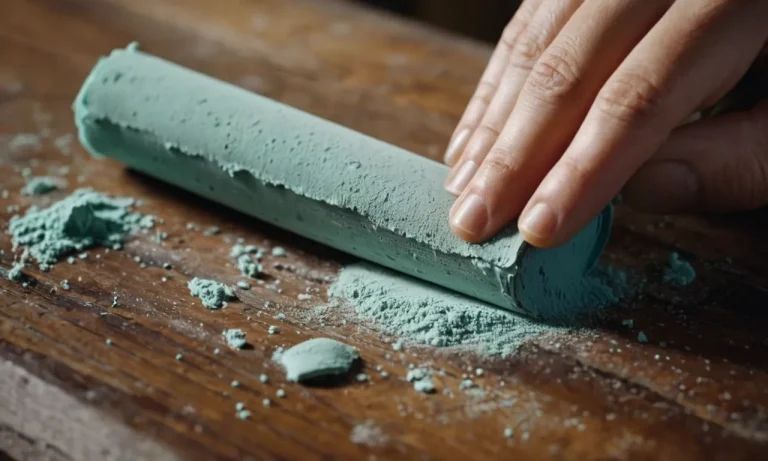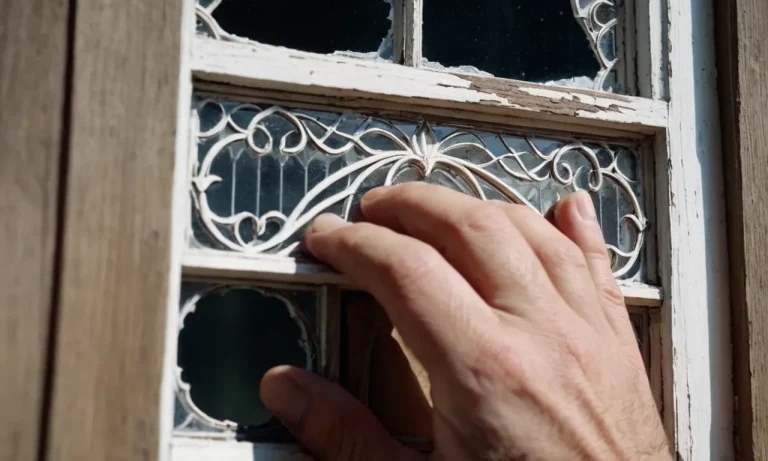How Much Does It Cost To Repaint A Car?
Getting your car repainted can completely transform the look of your vehicle, but repainting can be quite costly depending on factors like the type of paint used and the condition of the car’s existing paint job.
In this comprehensive guide, we’ll walk through everything you need to know about how much it costs to repaint a car.
If you don’t have time to read the full article, the average cost to repaint a car is between $2000 and $7000 depending on the size of the car, if any body work is needed, the quality of the paint and who does the painting.
What Impacts the Cost of a Paint Job
When it comes to repainting a car, there are several factors that can impact the cost of the paint job. Understanding these factors is crucial in order to get an accurate estimate and avoid any surprises along the way. Here are some key factors that can influence the cost of repainting a car:
Size of the Vehicle
The size of the vehicle plays a significant role in determining the cost of a paint job. It’s no surprise that larger vehicles, such as trucks or SUVs, will require more paint and labor compared to smaller cars.
The amount of paint required to cover the surface area of the vehicle can greatly affect the overall cost. Additionally, larger vehicles may have more intricate designs or complex body shapes, which can also impact the cost of the paint job.
Body Work Needed
The condition of the vehicle’s body is another important factor that can influence the cost of repainting. If there are dents, scratches, or other imperfections on the surface, these will need to be addressed before the paint job can be done.
The cost of repairing and prepping the body can vary depending on the extent of the damage. Extensive bodywork may require more time and effort, which can increase the overall cost of the paint job.
Quality of Paint
The quality of paint used can also impact the cost of repainting a car. There are different types of paint available, ranging from low-quality options to high-end, premium paints. Higher quality paints tend to be more expensive, but they also offer better durability, color retention, and a smoother finish.
The cost of the paint itself, as well as any additional coatings or clear coats, will contribute to the overall cost of the paint job.
Who Does the Painting
The person or shop you choose to do the paint job can also affect the cost. Experienced and reputable auto body shops may charge higher rates due to their expertise and quality of work. On the other hand, choosing a less experienced painter or a DIY approach may save you some money upfront, but it could result in a subpar paint job that may not last as long or look as good.
It’s important to do your research and choose a painter or shop that has a good reputation and can provide references or examples of their work. This way, you can ensure that the cost you pay for the paint job is worth the quality and longevity of the results.
Average Cost by Vehicle Type
When it comes to repainting a car, the cost can vary depending on several factors, including the size of the vehicle. Here, we will break down the average cost of repainting different types of vehicles, from small cars to SUVs and trucks.
Small Cars
Small cars, such as hatchbacks and compact sedans, tend to have a lower cost for repainting compared to larger vehicles. On average, repainting a small car can cost anywhere from $500 to $1,500. This price range can vary based on factors such as the quality of paint used, the extent of the damage to be repaired, and the location of the body shop.
Midsize Cars
Midsize cars, including sedans and coupes, generally fall in the middle range when it comes to repainting costs. The average cost for repainting a midsize car can range from $1,000 to $3,000. Factors such as the type of paint finish desired, any additional bodywork needed, and the reputation of the body shop can also affect the final cost.
Large Cars
Large cars, such as full-size sedans and luxury vehicles, often require more paint and may have more intricate designs, which can contribute to a higher cost of repainting. On average, repainting a large car can cost between $2,000 and $5,000.
Keep in mind that these figures are estimates, and the final cost can vary depending on the specific requirements of the vehicle.
SUVs and Trucks
SUVs and trucks, due to their size and different body structures, can have a higher cost for repainting compared to smaller cars. The average cost for repainting an SUV or truck can range from $1,500 to $4,000.
Factors such as the type of paint used, any additional bodywork needed, and the complexity of the vehicle’s design can influence the final cost.
It’s important to note that these figures are average estimates and can vary depending on various factors. It’s always a good idea to consult with a professional body shop for an accurate quote based on your specific vehicle and desired paint job.
Factors that Increase Cost
When it comes to repainting a car, several factors can significantly increase the overall cost. These factors include:
Extensive Body Work
If your car has extensive body damage, such as dents, scratches, or rust, it will require additional prep work before painting. This can involve repairing or replacing panels, filling in dents, and sanding down rough areas.
The more extensive the bodywork, the more time and materials it will require, which can drive up the cost of repainting.
Premium Paint
The type of paint you choose can also affect the cost. Premium paints, such as metallic or pearl finishes, tend to be more expensive than standard solid colors. These paints often require additional coats and specialized techniques to achieve the desired effect, adding to the overall cost of the repainting process.
Multistage Paint Jobs
A multistage paint job involves applying multiple layers of paint and clear coat to achieve a specific finish or effect. This can include base coats, color coats, and clear coats. Each additional layer adds time and materials to the process, increasing the cost of repainting.
Custom Paint Designs
If you want a custom paint design or graphics on your car, this will also increase the cost. Custom designs require additional time and expertise to create and apply, and may involve intricate detailing or airbrushing.
The complexity of the design and the skill level required will impact the final cost.
Professional Auto Paint Shop
The choice of where you have your car repainted can also affect the cost. Reputable auto paint shops with experienced professionals and state-of-the-art equipment may charge higher prices for their services.
However, opting for a professional shop can ensure a high-quality paint job and a longer-lasting finish.
It’s important to keep in mind that the cost of repainting a car can vary depending on factors such as the size of the vehicle, the extent of the damage or repair work needed, and the location. It’s always a good idea to get multiple quotes from different auto paint shops to compare prices and services offered.
Ways to Reduce Cost
Limited Body Work
If you are looking to repaint your car on a budget, one way to reduce costs is by limiting the amount of body work required. Instead of fixing every scratch or dent, focus on repairing only the areas that are most noticeable or affecting the overall appearance of your vehicle.
By prioritizing which areas need attention, you can save both time and money.
Single Stage Paint
Another cost-saving option is to opt for a single stage paint rather than a multi-stage paint job. Single stage paint combines the base coat and clear coat into one application, resulting in a more affordable and efficient process.
While it may not provide the same level of depth and durability as a multi-stage paint job, it can still achieve a satisfactory result at a fraction of the cost.
DIY Painting
If you have the time and patience, considering a DIY painting project can significantly reduce the cost of repainting your car. By doing the work yourself, you can save on labor fees and have more control over the process.
However, it is important to note that painting a car requires specific skills and equipment, so make sure you are adequately prepared before taking on this task.
Paintless Dent Repair
Paintless dent repair is a technique used to remove minor dents and dings without the need for repainting. This method can be a cost-effective alternative to traditional dent repair, as it eliminates the need for paint materials and labor.
Paintless dent repair is best suited for small dents that have not damaged the paint surface. If your car has larger or more severe dents, you may need to consider other repair options.
Improving Durability of a New Paint Job
Proper Surface Prep
One of the key factors in ensuring the durability of a new paint job on your car is to properly prepare the surface before applying any paint. This involves thoroughly cleaning the car to remove any dirt, grime, or old paint residues.
It is important to remove any rust spots and fill in any dents or scratches. By doing so, you provide a smooth and clean surface for the new paint to adhere to, resulting in a longer-lasting finish.
High Quality Paint
Using high-quality paint is essential for achieving a durable and long-lasting finish on your car. While it may be tempting to opt for cheaper alternatives, investing in a reputable brand of automotive paint can make a significant difference in the longevity of your paint job.
High-quality paint is formulated to withstand the elements, resist fading, and provide better coverage. It also tends to adhere better to the surface, reducing the risk of peeling or chipping.
Using a Clear Coat
Applying a clear coat over the base coat of paint is another effective way to improve the durability of your car’s new paint job. A clear coat acts as a protective layer, shielding the base coat from UV rays, scratches, and other environmental factors.
It adds an extra layer of gloss and depth to the finish, giving your car a sleek and polished appearance. Additionally, a clear coat makes it easier to maintain and clean your car’s paint.
Regular Washing and Waxing
Maintaining the durability of your car’s paint job requires regular washing and waxing. Washing your car removes dirt, grime, and other contaminants that can gradually degrade the paint’s finish. Using a high-quality automotive shampoo and a soft sponge or microfiber cloth, gently wash the car’s exterior.
After washing, apply a layer of wax to protect the paint and enhance its shine. Waxing creates a barrier between the paint and external elements, helping to prevent fading, oxidation, and damage.
By following these steps and taking proper care of your car’s new paint job, you can significantly improve its durability. Remember, investing in quality materials and regular maintenance will not only keep your car looking great but also protect its value in the long run.
Conclusion
The costs of repainting your car can vary widely, but expect to spend $2000-$7000 or more for a high-quality paint job from a professional auto body shop. Factors like the size of the car, amount of prep work needed, and type of paint all impact the final cost.
To save money, opt for single stage paint, fix minor dents instead of replacing panels, or consider a DIY paint job. With proper care and maintenance, your new paint job will keep your car looking great for years.

